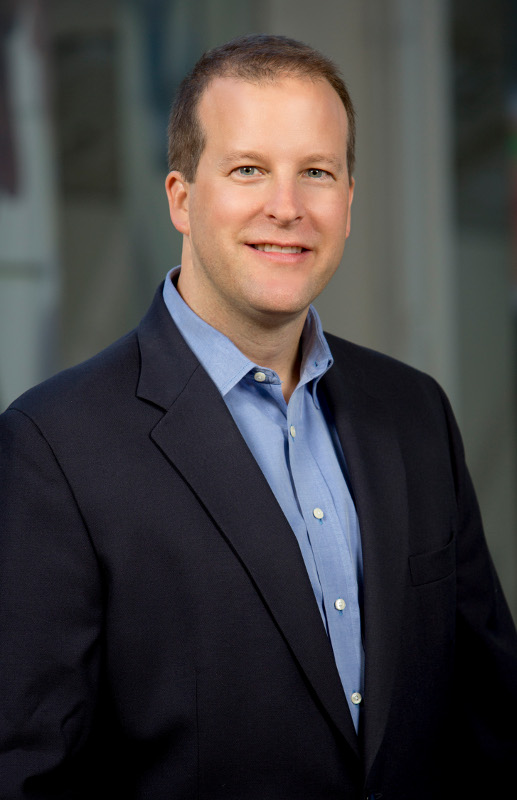Though accountable care organizations have grown more visible in the last three years — there are at least 488 commercial and Medicare ACOs spread throughout every state but Delaware — the model is still not fully refined, and plenty of challenges still face ACOs. Some stakeholders in the industry are not yet convinced ACOs will accomplish the triple aim of improved quality and patient experience and lowered costs.
According to Dan Haley, vice president of government affairs for athenahealth, there are two main issues holding back the success of the model.
 Exclusion of some physicians. The nature of the ACO model makes it difficult for small, independent physicians to get involved, and that drives independent physicians' wariness of ACOs. Compared to employed physicians, independent physicians are less likely to believe the shift to accountable care will improve care quality. Instead, they're more likely to believe ACOs will have a negative impact on profitability, according to athenahealth's 2013 Physician Sentiment Index.
Exclusion of some physicians. The nature of the ACO model makes it difficult for small, independent physicians to get involved, and that drives independent physicians' wariness of ACOs. Compared to employed physicians, independent physicians are less likely to believe the shift to accountable care will improve care quality. Instead, they're more likely to believe ACOs will have a negative impact on profitability, according to athenahealth's 2013 Physician Sentiment Index.
Participating in an ACO requires physicians to spend time reporting on metrics and filling out more paperwork — putting a damper on the time independent physicians spend seeing patients. "The administrative burden of participating in an ACO is huge," Mr. Haley says. "These are hurdles that independent and small group physicians who want to spend their days in patient care, not administration, just can't jump. As it is designed, the ACO model excludes small practices and independent physicians."
Many ACOs are physician-led, but the model hardly appeals to all physicians, especially those in smaller practices. Though several independent physician associations have formed ACOs in the last three years, Mr. Haley says independent physicians in small practices still think of joining an IPA as similar to becoming employed by a hospital. "Physicians in IPAs decided to become business people," he says. "They're not caring for patients as usual, but instead decided to manage a larger care entity." This, according to Mr. Haley, is an unattractive option for physicians who want to remain independent focused on patient care.
Consolidation. As most physicians become employed by a hospital or join an IPA for ACO participation, the healthcare landscape continues to grow more consolidated. Mr. Haley refers to the Patient Protection and Affordable Care Act that established ACOs formally as a "get out of jail free card" for systems to consolidate the market without as strict of antitrust review. This, in turn, can lead to rising costs.
Though some have argued that the higher costs associated with consolidation in healthcare are worth what consolidation is working toward — improved quality and eventually lower cost of care — Mr. Haley disagrees. "Over time — it doesn't matter what market it is — where there's a monopolist, costs go up," he says.
Possible solution
Though overcoming these issues with ACOs may seem impossible, because they are ingrained in the very structure of the model, Mr. Haley suggests one possible solution: an Independent Risk Manager model. Currently, the IRM model is in proposal stage. It is a way for independent physicians to participate in accountable care without joining another organization in an ACO.
Through this modification of the ACO model, an outside company could create an information technology platform allowing independent physicians to participate in ACO-like shared savings with no upfront investment. "It would allow independent physicians to participate without going under an employment or IPA 'umbrella,'" Mr. Haley says.
An IRM would use claims data to identify physician practices caring for similar patient populations and then group those practices into networks to share risk. Under the model, the physicians would assume risk and accountability for care quality and efficiency.
Ultimately, as ACOs stand today, independent physicians do not have a viable option for participating in accountable care models while remaining independent, according to Mr. Haley. The IRM model, or something similar, could alleviate that problem and allow independent physicians to move away from fee-for-service reimbursement but still run their own practices.
"It's not about replacing the ACO model, but making shared savings work," Mr. Haley says.


